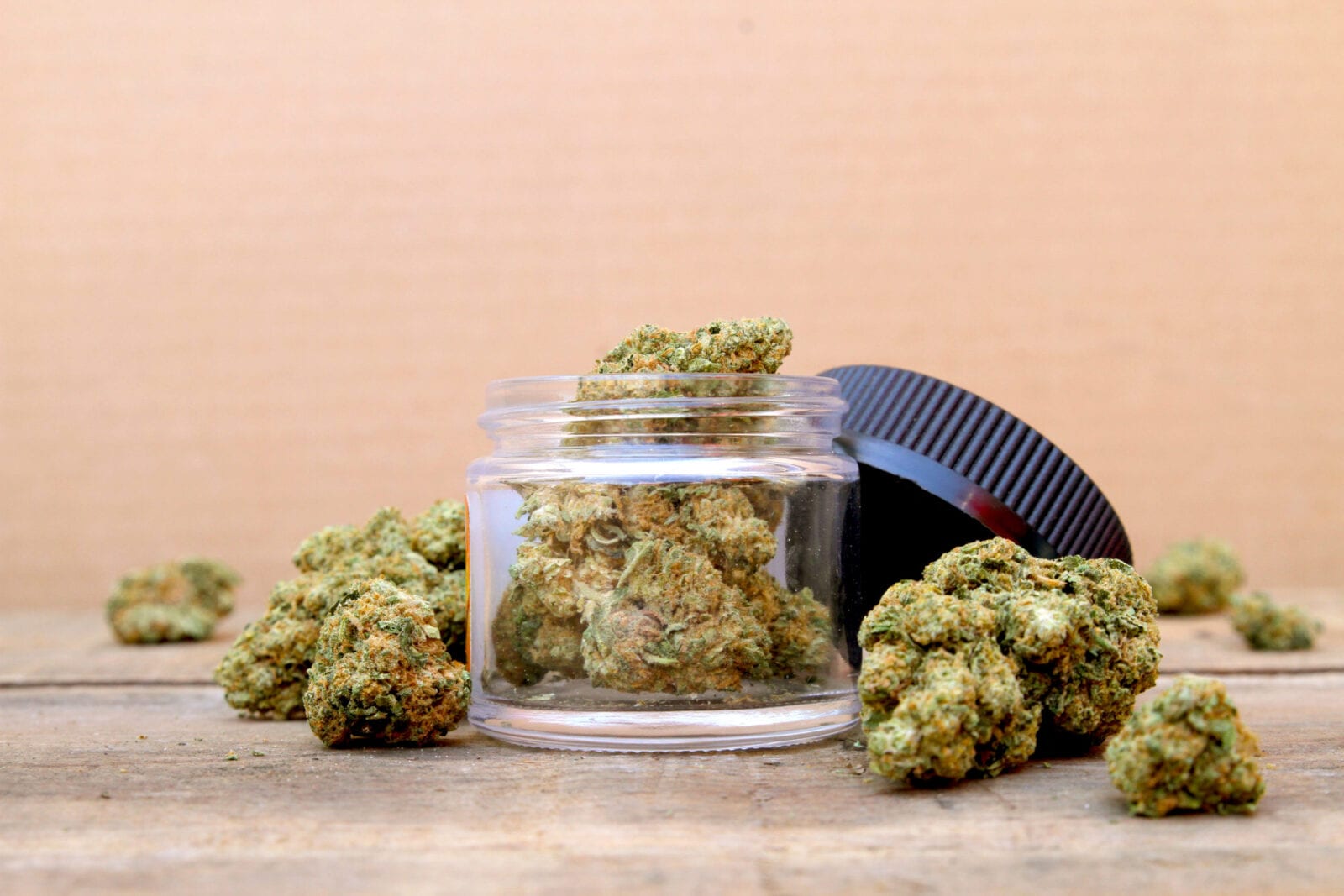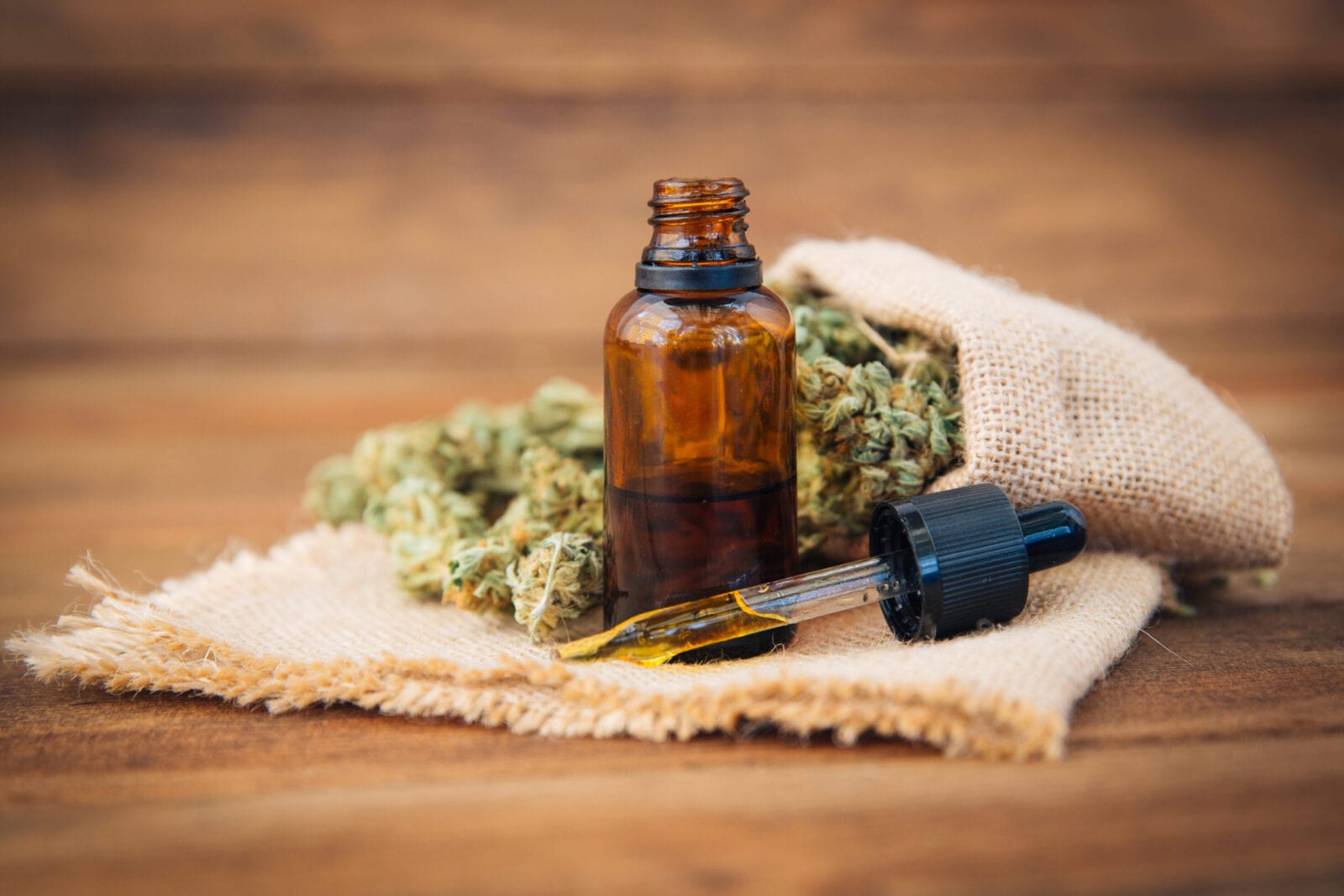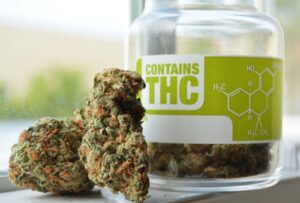Hemp hails from the same family with marijuana hence the constant confusion on its legalization. However, the two plants are not as similar as you may think. The most distinct difference is that marijuana contains a substantial amount of the THC chemical that causes the high feeling. On the other hand, the edible hemp plant seeds only contain negligible amounts of THC.
Today, more and more health-conscious consumers are using hemp for its health and diet benefits. Nutrition-dense products are essential for boosting your body’s health. Let’s dig into the uses of hemp in improving health and diets.
Nutritional Benefits of Hemp
Here are some of the nutritional benefits of hemp:
Healthy fats acids
One primary source of omega-three fatty acids is fish, where one should consume at least 3.5 ounces of oily fish. If you are to get enough of this compound, you would need to consume fish regularly. Unfortunately, fish is not everybody’s cup of tea.
A study in 2014 reviewing the composition of fats in hemp found that the compound is rich in fatty acids and healthy oils that help treat the skin. Luckily, hemp is a great plant-based alternative that provides the elusive omega-3 fatty acids. Hemp is one of the richest sources of healthy fats, as it contains the desired ratio of omega 6 and omega 3(3:1).
Protein source
The incredible hemp is also a good source of protein, where it contains all the ten essential amino acids. Unlike most vegetarian protein sources, hemp does not contain phytates a compound that interferes with the absorption of essential minerals.
Athletes and bodybuilders are now turning to hemp as the source of protein they need to build muscle mass and gain weight instead of the dietary protein supplement. It’s also the perfect choice for vegetarians and those looking down on reducing meat intake.
Fiber
Dietary fiber is an essential component of a healthy diet because of its broad range of benefits, which include healthy bowel movements, better digestion, and improved levels of blood. Hemp seeds are an excellent source of fiber, and they contain more of it than any other vegetable protein. It means that you can kill two birds with one stone by getting your required protein and fiber servings from one source.
Minerals and antioxidants
Hemp also has compounds known as liginamides, which have potent antioxidant properties. These are necessary as they help protect our bodies. They also include various minerals like copper, zinc, calcium-phosphorus etc. that are also crucial for a healthy body.
The older generation is prone to the dangers of magnesium deficiency. Inadequate magnesium leads to metabolic problems, insulin resistance, heart disorders, and so on. Hemp contains enough magnesium and is one of the most reliable sources of the same.
How to include hemp into your diet
Some of the common hemp products are hemp milk, hem, hemp cheese, hemp powder, and hemp oil. You can read the reviews of these products at hemp product review websites like Herbonaut.
To ensure that you consume your hemp in its proper condition, you should store it in a dry place away from high temperatures and preferably in an airtight container.
- Hemp oil is an excellent salad dressing.
- Take it sprinkled on your yogurt, cereals, oatmeal, or salad.
- You can take a handful of the seeds raw.
- Make hemp milk by blending with water.
- Use it in baking muffins, cookies, bread, etc.
- Buy hemp seed quick snacks such as granola bars and meal bars.
Here are some of the health benefits of using hemp:
1. Easy to digest
Digestion is a crucial aspect of the maintenance and improvement of body functions. Hemp contains fibers that help keep digestion smooth. It contains both soluble and insoluble fats, which are essential to a better digestive system.
2. Skin health
Hemp seeds contain highly nutritious else that are very helpful for the skin. The vitamins and fats found in the oil help in preventing breakouts and in promoting healthy skin. The fatty acids nourish then reduce and protect it against oxidation and inflammation, among other signs of aging.
The application of hemp oil works on strengthening the skin. It also gives it a better chance to fight infection. Among the range of issues, the seeds can help treat eczema, acne, psoriasis, and inflammations
3. Healthy brain
The brain requires healthy fatty acids to function correctly. Hemp is rich in these fatty and other compounds that help in the protection of the brain, such as polyphenols.
4. Healthy heart
The hemp seed oil has an incredible nutrient profile that may be valuable for a good healthy heart. It’s connected with various positive effects on health issues such as cholesterol level, blood pressure, and atherosclerosis.
Since heart disease is one of the highest-ranking causes of death, then incorporating hemp into your diet will help reduce the probability of heart disease.
5. Weight loss
High fiber dietary keeps one feeling full for longer, thus curbing down on your food intake. Besides, hemp is low carbohydrate sugar-free food that also helps cleanse your gut. Any weight loss program requires you to eat the right kind of food. Hemp is the ideal addition as they provide a complete healthy diet.
6. Pain Relief
The use of hemp is for its natural pain relief benefits are widespread; it’s especially useful with pains that result from inflammation. Those who are not partial to taking pain medication benefit highly from hemp oil for pain relief.
A study done in 2018 review claims that hemp oil has compounds that are known to treat different types of pain.
7. Muscle tension and insomnia
Applying a little bit of hemp oil into any aching or tight muscles will help ease the stress and relax.
Conclusion
Hemp has been around for centuries, and many societies incorporate it as a staple food because of its nutritional value. Using hemp to improve health and diets is a wise choice because it’s a superfood that is rich in numerous minerals, proteins, and healthy fats.








